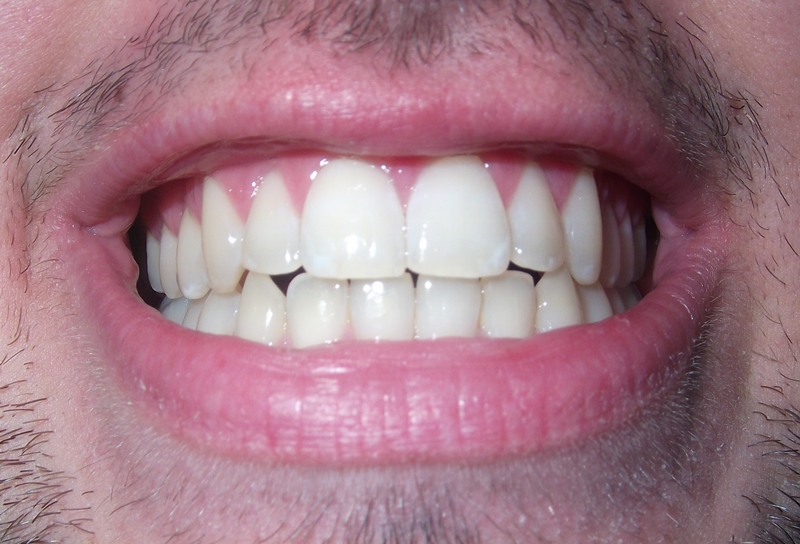10 Gums Feeling Itchy Remedies For Fast Relief

Itchy gums can be a frustrating and uncomfortable experience, often causing irritation and distraction throughout the day. This condition can stem from various factors, including poor oral hygiene, allergic reactions, hormonal changes, or even the onset of certain diseases like gingivitis. Fortunately, there are several remedies and practices that can provide fast relief and help soothe itchy gums. Here, we’ll explore ten effective methods to alleviate this discomfort, focusing on both home remedies and professional dental advice.
1. Saltwater Rinse
One of the simplest and most effective remedies for itchy gums is a saltwater rinse. Mixing 1 teaspoon of salt with 8 ounces of warm water creates a solution that can reduce swelling, kill bacteria, and alleviate itchiness. Swish the solution around your mouth for about 30 seconds before spitting it out. This should be done several times a day, especially after meals and before bed.
2. Hydrogen Peroxide Mouthwash
Diluted hydrogen peroxide can act as a potent mouthwash. Mix equal parts of hydrogen peroxide and water and swish it around your mouth for about 30 seconds. However, be cautious not to swallow it, as hydrogen peroxide can be harmful if ingested. This method helps in reducing plaque, gingivitis, and the bacteria that might be causing the itchiness.
3. Aloe Vera Gel
Aloe vera is known for its soothing properties and can be quite effective in calming itchy gums. Apply aloe vera gel directly to the affected area with a cotton swab. Its anti-inflammatory properties can help reduce swelling and alleviate discomfort.
4. Cold Compress
Applying a cold compress to the outside of your mouth or cheek near the itchy gum area can reduce inflammation and ease the discomfort. Wrap an ice cube in a cloth and apply it to the area for a few minutes. This simple method can provide immediate relief.
5. Proper Brushing and Flossing
Sometimes, itchy gums are a sign of poor oral hygiene. Ensuring that you brush your teeth at least twice a day and floss once can remove bacteria, food particles, and plaque that might be irritating your gums. Use a soft-bristled toothbrush and a gentle touch to avoid further irritating your gums.
6. Tea Tree Oil
Tea tree oil has natural antibacterial properties that can help combat gum disease and reduce itchiness. Mix a few drops of tea tree oil with your toothpaste before brushing or add it to your mouthwash for an extra antimicrobial boost. However, be cautious and start with small amounts to ensure you’re not sensitive to it.
7. Vitamin Deficiency Check
In some cases, itchy gums can be a sign of a nutritional deficiency, particularly in vitamins like B12 or iron. Ensuring you’re getting enough of these vitamins through your diet or supplements can help alleviate gum discomfort. Consult with a healthcare provider to check for any deficiencies.
8. Tobacco and Nicotine Avoidance
If you smoke or use tobacco products, quitting can significantly improve your oral health and reduce gum irritation. Tobacco use is a major risk factor for gum disease, which can lead to itchy gums among other more severe issues.
9. Professional Dental Cleaning
Regular dental check-ups and professional cleanings can prevent and treat gum disease, which is often at the root of itchy gums. A dentist can provide a deep cleaning that removes plaque and tartar both above and below the gum line, helping to reduce inflammation and itchiness.
10. Over-the-Counter Pain Relievers
For temporary relief from the discomfort of itchy gums, over-the-counter pain relievers like ibuprofen or acetaminophen can be helpful. However, it’s essential to follow the recommended dosage and consult with a dentist or healthcare provider to address the underlying cause of the itchiness.
Conclusion
Itchy gums, while uncomfortable, can often be treated with simple home remedies and good oral hygiene practices. If the discomfort persists or worsens, it’s crucial to consult with a dental professional to rule out any underlying conditions that may require medical attention. By incorporating these remedies into your daily routine and maintaining regular dental check-ups, you can find fast relief from itchy gums and ensure a healthier, happier smile.
FAQ Section
What are the common causes of itchy gums?
+Itchy gums can be caused by poor oral hygiene, allergic reactions, hormonal changes, or the onset of diseases like gingivitis. Poor diet, vitamin deficiencies, and tobacco use can also contribute to gum irritation.
How can I prevent itchy gums?
+Preventing itchy gums involves maintaining good oral hygiene practices such as brushing your teeth at least twice a day, flossing once a day, and attending regular dental check-ups. A balanced diet rich in vitamins and minerals, especially those beneficial for oral health, can also help.
When should I see a dentist about itchy gums?
+If your itchy gums persist, worsen over time, or are accompanied by other symptoms such as bleeding gums, bad breath, or loose teeth, you should consult a dentist. Early detection and treatment of underlying conditions can prevent more severe issues and provide relief from discomfort.
Can itchy gums be a sign of an underlying condition?
+Yes, itchy gums can sometimes be a sign of an underlying condition such as gingivitis, periodontitis, or other health issues. It’s essential to consult with a healthcare provider or dentist to determine the cause of your itchy gums and receive appropriate treatment.
Are there any home remedies that can provide immediate relief from itchy gums?
+Yes, several home remedies can provide immediate relief from itchy gums, including a saltwater rinse, applying a cold compress, or using aloe vera gel. These methods can help reduce inflammation and alleviate discomfort.
Can dietary changes help alleviate itchy gums?
+Dietary changes can play a significant role in alleviating itchy gums. Eating a balanced diet rich in vitamins and minerals, particularly vitamin C and calcium, can help promote healthy gums. Avoiding sugary and acidic foods that can irritate gums is also advisable.